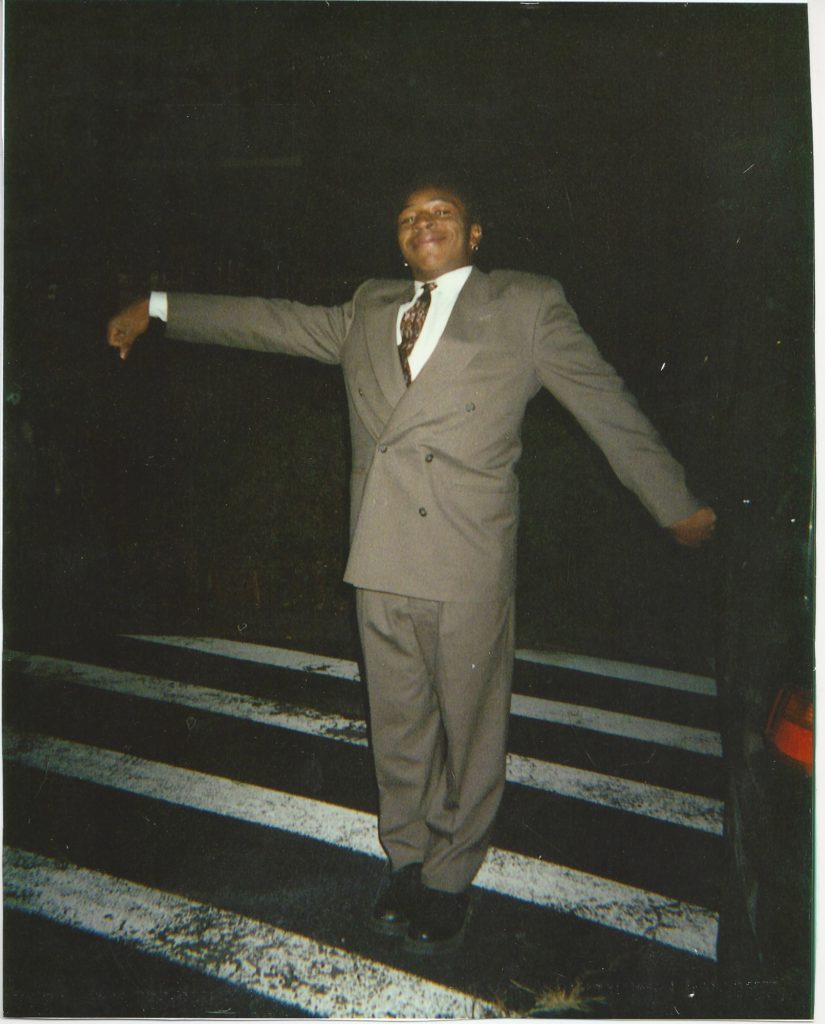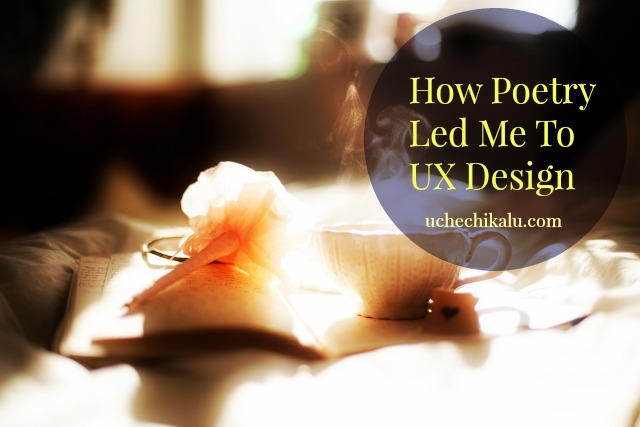
You’re Still Alive: 3 Lessons I Learned On The Anniversary of My Brother’s Death
In less than an hour, I will close the chapter on another day. Soon it will be Monday. Like many entrepreneurs and creatives, I will start another week of trying to share my perspective, one word and/or user interaction at a time.
But before the day is over, I want to celebrate my brother. Today is not just another day. My brother doesn’t get to turn 35 today, but here’s how I’m celebrating him.
This anniversary is a special one because I’ve learned something that has changed how I approach my work, and I want to share that with you.
Today was a difficult day
Today was a difficult day. Yesterday was also difficult. Today I miss my brother. There’s an ache that lives in my chest that will not go away. Sometimes, it’s turned up to high and I feel it more. Today is one of those days. His name was Emmanuel. He would have celebrated his 35th birthday, but he died (in a car accident) the day before his 18th birthday. Yesterday I missed him even more. Anniversaries are hard. Yesterday was hard.
Yesterday I cried. I sat on my good friend’s couch, drank wine and sobbed.
Every year, I think I will miss him less. Every year, I am proven wrong. Something different happened this year. This year I missed him dearly, but I also became acutely aware of something that completely changed how I will approach my work and creativity for years to come.
I’ve always believed that when I lost Emmanuel, I also lost my memory of him. I forgot the exact color of his cafe colored eyes. Was it a dark roast or a lighter roast? I forgot the exact shade of his skin. I remembered the muscled arms and the infectious smile, but I could not remember the exact shade of his skin. When loss clings to that tightness in your chest, sometimes memory is the only thing you can hang onto. Losing my memory of him added to my grief.
Loss Can Be A Creative Catalyst
During one of my recent meditations, I had an aha moment. For 16 years, I believed that not being able to remember all of these details meant that I would not be able to remember my brother. I felt a deep sense of loss, and I also felt like a part of my own history was disappearing.
During one of my meditations, I saw my brother’s face and he smiled at me and told me this:
Stop worrying about seeing my face, and remembering every detail. It’s a good thing that you can’t see my face. It means you’re still living. You’re still breathing. You’ve got a life to live. You’ve got poems to write and designs to sketch out and a company to run. It’s a good thing. You are alive!
This was one of those moments when I cried and smiled and cried and smiled some more. Seriously? I had never thought that maybe, just maybe this was something that could inspire me. I spent so many years feeling disheartened and frustrated when I’d close my eyes and remember my brother. Now, I was given (and gifted) a new way of thinking about all of it.
3 Things I Learned On The 17th Anniversary of My Brother’s Death
1. I do not want to waste my time.
I’m alive! I’m here! I miss him like nobody’s business, but I’m here. This means that the work I am doing (and want to keep doing) can be done. My life also reminds me that t is a privilege to be alive. I do not want to waste it.
2. Losing My Brother Has Become My Creative Catalyst
I no longer feel frustrated when I can’t remember the details of my brother’s face. It’s okay. I’m here and I’m alive and I am creating. This new perspective has shifted how I interact with this loss. It has allowed me to move from a place sadness and frustration to a place of inspiration.
If I’m alive, then I can still put my work out into the world. He cannot do that. His legacy lives on, but his capacity to continue creating his legacy ended 17 years ago.
This humbles and inspires me.
3. Your legacy starts now
When Emmanuel died, a local DJ wrote a song about him. His friends gathered to celebrate him. Although he was just 18 years old, I was acutely aware of what his legacy was. I knew that he had helped his friends (and everyone who knew him) feel like they could show up authentically and be accepted (and celebrated).
Sometimes we don’t get to live out our life’s work. Sometimes, life abruptly ends and we don’t have our “whole lives” to share our work and live out our purpose.
So, do it now.
I want to do it now.
This was the gift that knowing him gave each an every one of us that knew him. If he was able to do that in such a short time, then I know I can.
I want my legacy to be a daily act.
I want it to be about every person I interact with. I want to be acutely aware of the fact that I am building it moment by moment, interaction by interaction.
I want it to start now.
On this 17th anniversary of my brother’s death, I have been given another privilege: I’m finally able to understand that in the face of so much loss, there is living to do. I am here, which means that I have another day to create meaningful experiences both on and offline.
I have another day to write another poem.
I have another day to design another user interaction.
I have another day to use my voice and to share my very personal stories.
I have another day to add something to the universal and collective dialogue about how we create, how we lose and how we become ourselves when we least recognize ourselves.
This is my hope.
Happy Birthday, Emmanuel. Thank you for this “aha gift.” I will practice building a legacy each and every day. This is my gift to you, my dear and precious boy. It was an honor to know him. It was a gift to love him. It made me a better person and an even better sister. I felt privileged.
I hope you wake up tomorrow and start your week knowing that you are very much here and alive in the world. I hope you remember that we are all waiting for you to show up and tell your story. We need it now. We need it more than ever. We need you now. We need you now more than ever.
